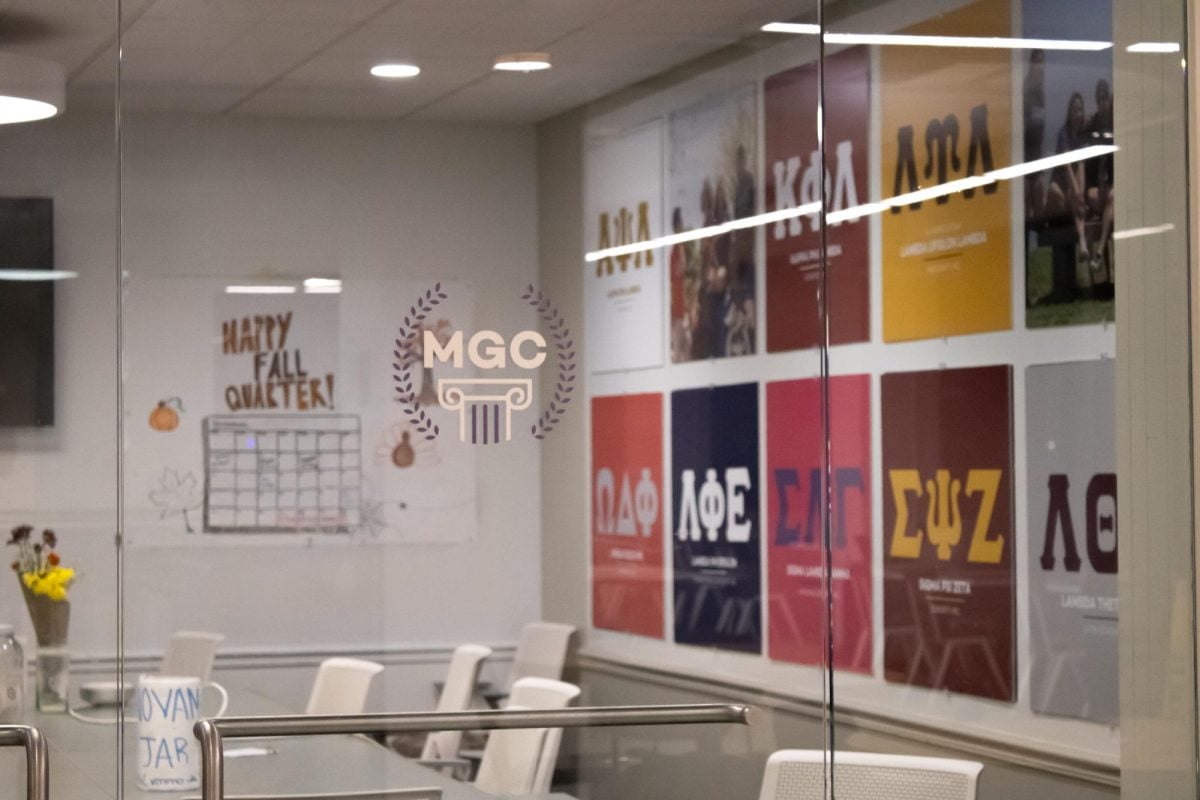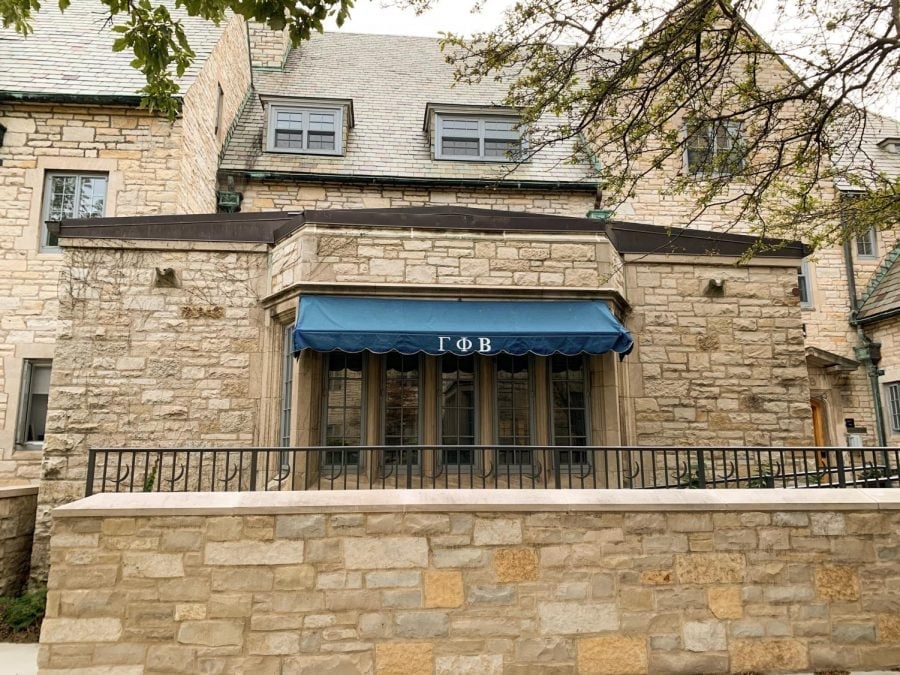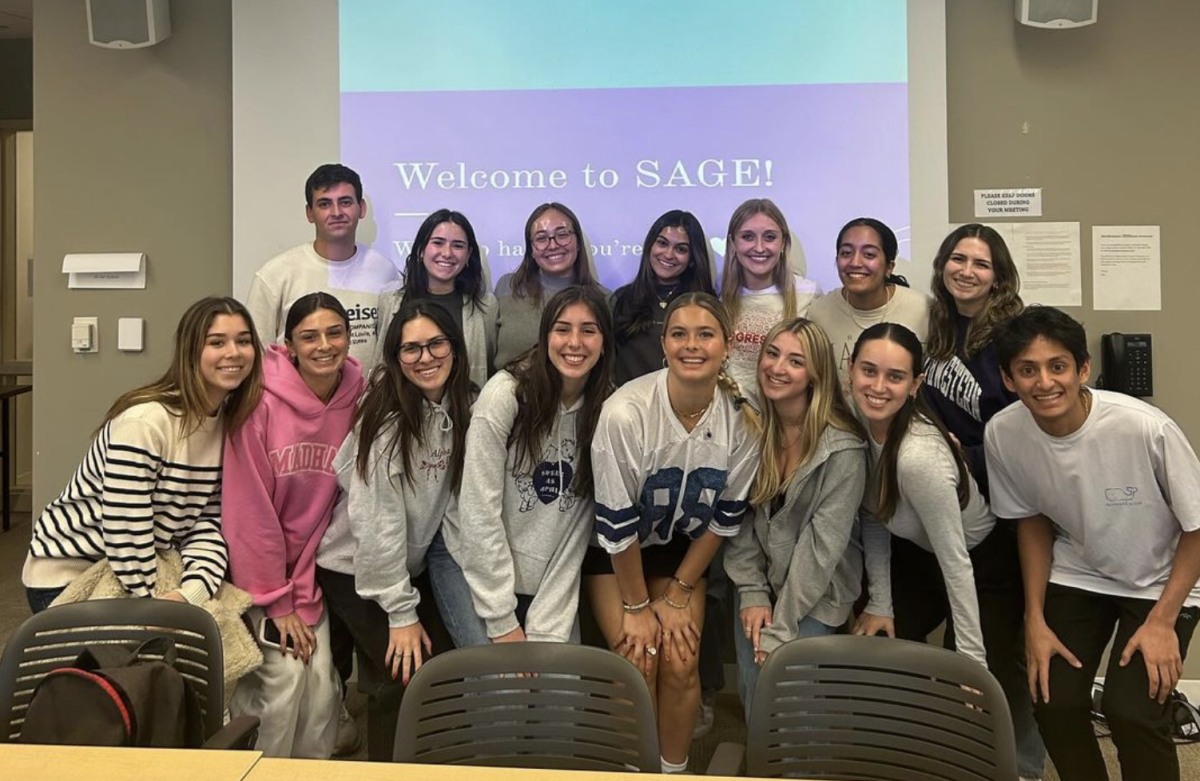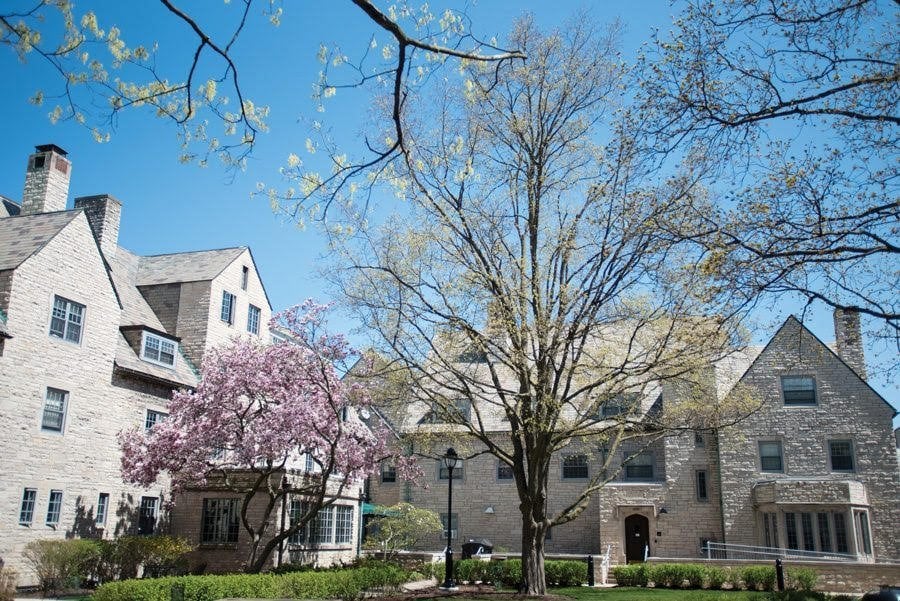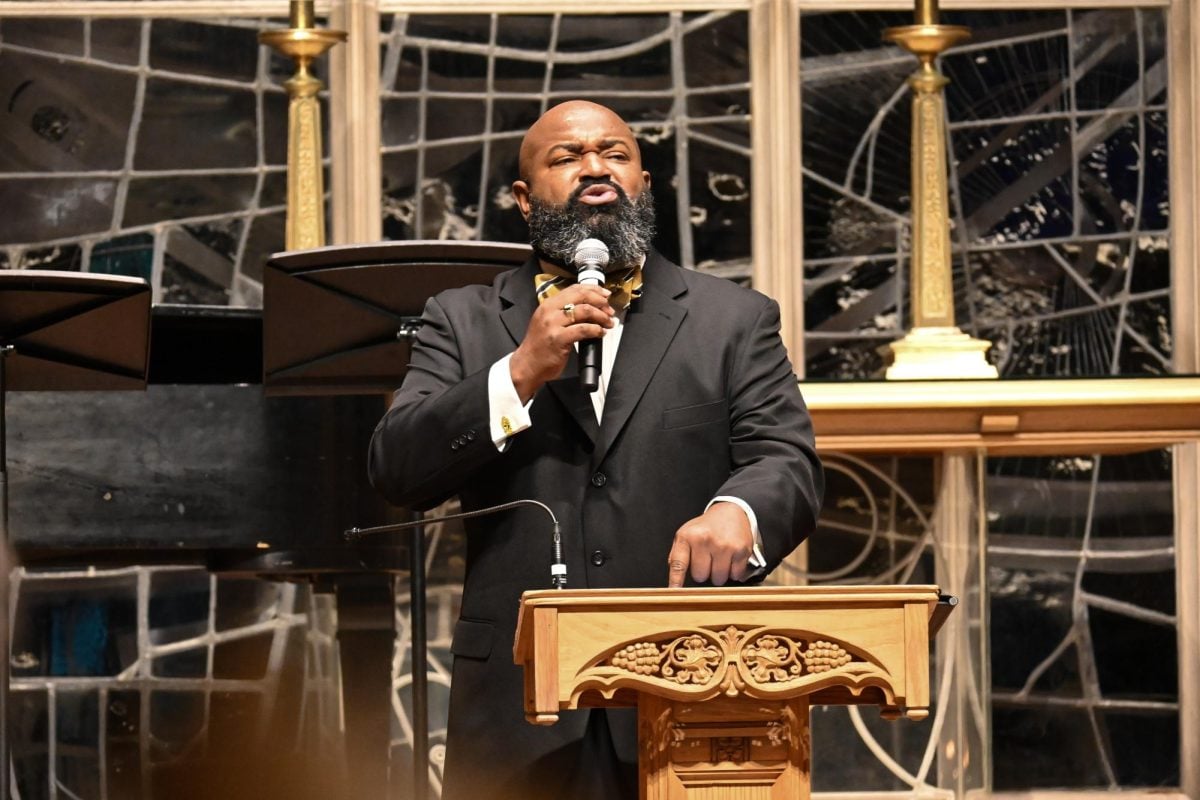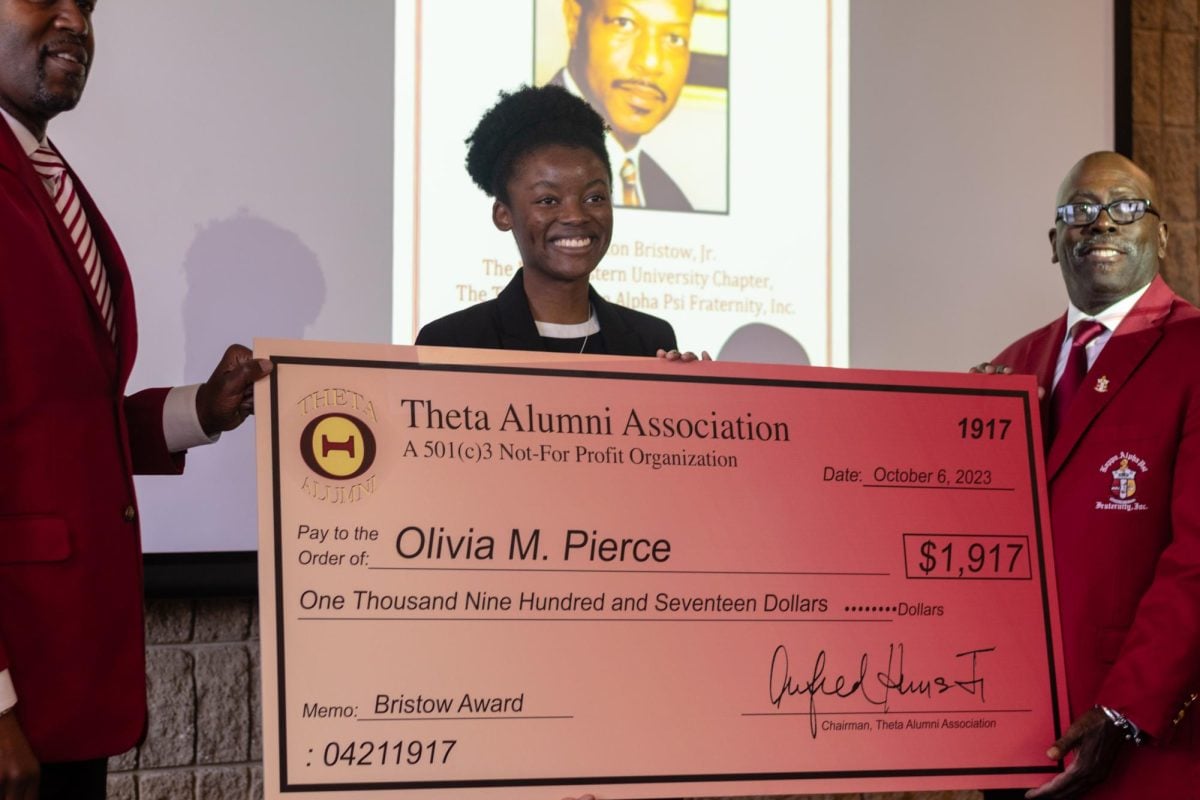For Korea Peace Day, the Korean American Students Association and Asian Pacific American Coalition hosted a discussion on Thursday about human rights issues in North Korea.
More than 40 students came to Harris Hall to hear guest speaker Leah Garrand, a member of humanitarian group Liberation in North Korea, discuss problems with Korean peace and the group’s efforts to evacuate North Korean refugees from China via “a modern-day underground railroad.”
Garrand said 6 million North Koreans are without food. In addition, due to rising food prices and a recent currency reform, families cannot afford food and education. Those who do escape, Garrand said, must hide to avoid the Chinese government, and women are especially vulnerable to trafficking.
KASA co-philanthropic chair Jenny Kim, a Weinberg sophomore, said the group decided to focus on human rights issues this year based on a suggestion by a NU student. In the past, she said speakers discussed other topics such as politics.
Garrand said most Americans know of North Korean leader Kim Jong II and his government, but they do not know the problems faced by the country’s citizens.
“The issue needs to be redefined,” she said. “The people in the regime are not talked about.”
Garrand began the discussion with an overview of LiNK, a non-profit group formed in 2005 which later refocused into a grassroots campaign to promote Korean peace.
Event participants then watched “Hidden,” a documentary produced by LiNK about the history of the Korean conflict and LiNK’s efforts to relocate North Korean refugees to South Korea or the United States.
Garrand said since China does not recognize North Koreans as political refugees, those who escape North Korea risk deportation. Once they return to their home country, citizens may receive punishments ranging from imprisonment to execution, she said.
“North Korea doesn’t want to talk about human rights issues,” she said. “We need people to continue to talk about this issue.”
The group has conducted 12 missions over the past two years. Due to the risks involved with relocating refugees, Garrand said the group projects 30 percent of missions will fail, although none have failed so far.
Overall, Kim said the event provided students with the opportunity to talk about North Korea’s plight.
“It was a closed space where we could discuss these topics,” she said.
Kim said students tried to start an NU LiNK chapter a few years ago but were unsuccessful. After hearing Garrand’s speech, however, KASA members began considering recreating a chapter.
McCormick senior June Choi, co-president of KASA, said more people showed up to Thursday’s event than in previous years.
“I personally didn’t know a lot about human rights issues in North Korea,” she said, “but now we can make things happen.”
